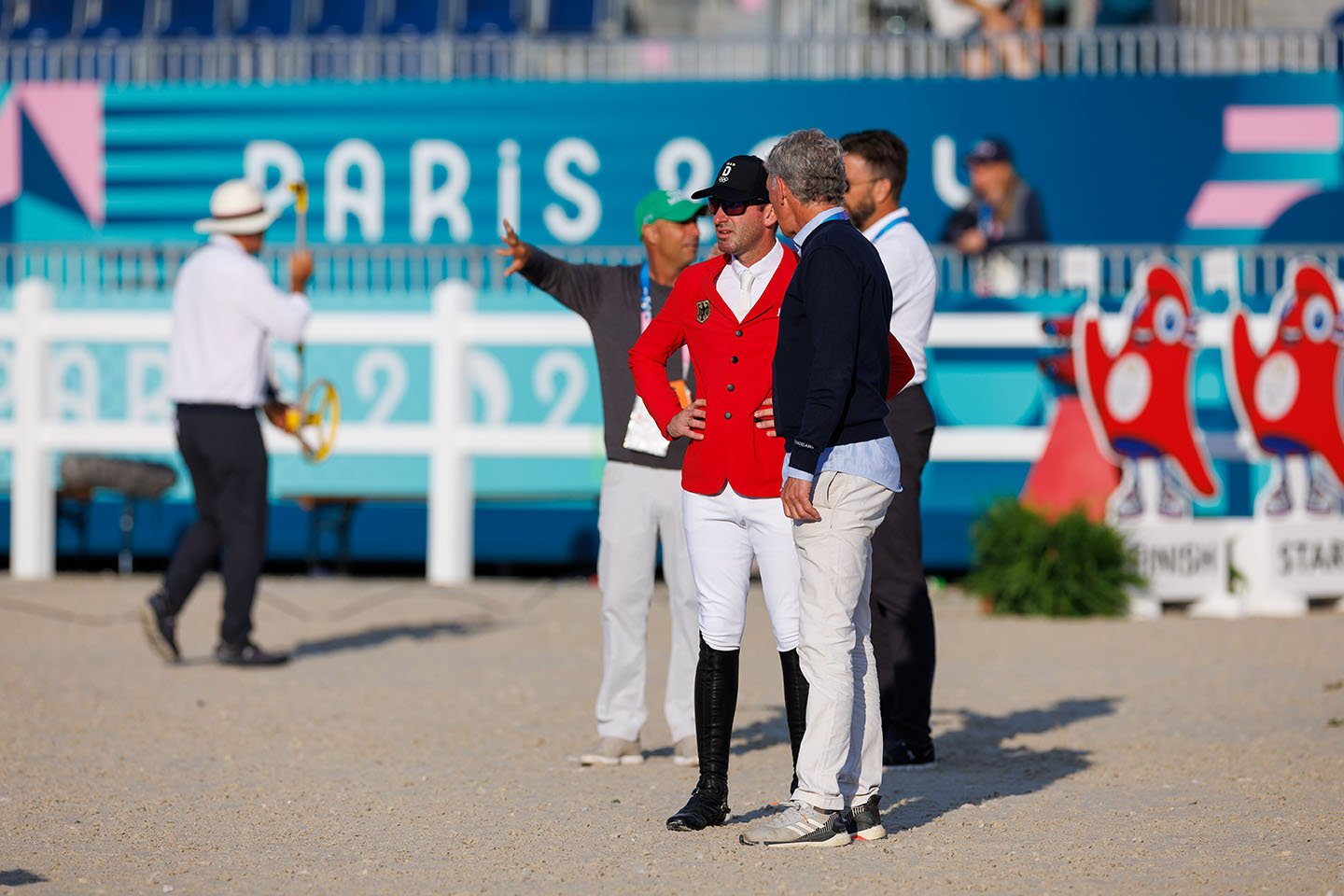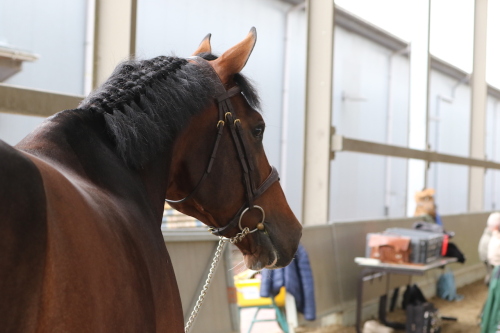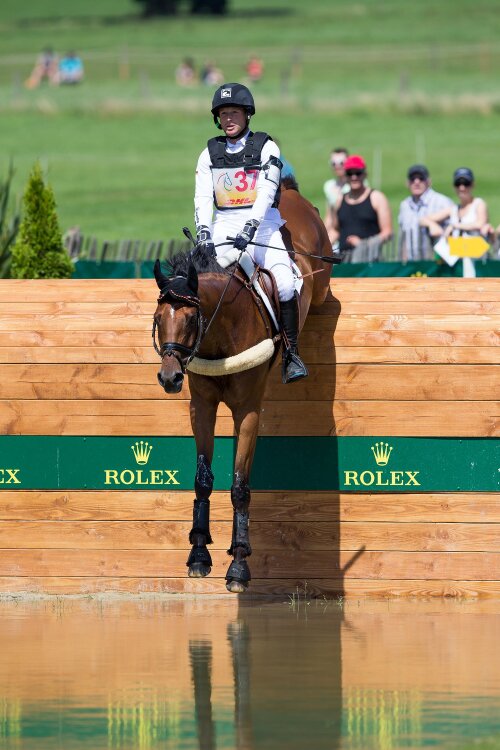With the expansion of the equestrian centre at Surenburg with a modern riding complex in 2015, builders Ludger Beerbaum and Constantin Freiherr Heereman laid the foundation for the future of equestrian sports in Riesenbeck. Since 2016, Riesenbeck International GmbH has been organising tournaments and training events at this centre throughout the year, continuing the long tradition of major events organised by the Zucht-, Reit- und Fahrverein Riesenbeck e.V. (Riesenbeck Breeding, Riding and Driving Club). Host Ludger Beerbaum looks back on the tenth anniversary on the occasion of this year's Global Champions Tour stage and ventures a look into the future.
Ten years ago, the opening of the large riding school was celebrated with an international tournament in which Olympic champions such as Jeroen Dubbeldam and Steve Guerdat participated. Were there already ideas, plans and hopes at that time that a globally recognised equestrian centre would be created here?
Ludger Beerbaum: No. That wasn't the primary goal. Of course, we also did it to organise events, but the original idea to build a large hall in the first place was determined even more by the fact that we needed more space to train. So we said: we'll kill two birds with one stone. We didn't need such a large hall just for training; we also wanted to organise events. But organising such large international tournaments wasn't the initial plan. The organisation of the European Show Jumping Championships shortly afterwards was added and wasn't really planned. And the fact that two Olympic champions were guests has to do with their friendship with me...
What construction work has been carried out in the meantime? Is that why the good riders come to Riesenbeck?
Beerbaum: "The construction measures alone, mainly the 350 permanent stalls, are not the main reason why many good riders come regularly. I think it's more the range of tournaments and competitions that determines whether riders come. One example of this is the Longines Global Champions Tour. Because we organise this series, we automatically always have a dozen or more top riders here. I think it's a mix of everything. The tournaments we organise, of course – that's well known by now – and the conditions, which are very good. And the fact that there is an infrastructure with permanent stalls and large windows is certainly no disadvantage. It's a bit of everything: the tournaments, the range of competitions, even the normal working tournaments, the late entries, which are a great opportunity for professionals to get their horses on track. Of course, they prefer to do that under good conditions."
How important are these facilities and the many activities that take place there for the second pillar, the horse trade?
Ludger: "It's certainly not unimportant. Not so much in relation to the word “trade” in horses. But more in relation to the fact that it gives us the opportunity to scout and view a lot of horses. Hundreds of horses come here throughout the year. Many of them are not for sale, but we simply see a lot of them. That's the first thing. But that doesn't immediately lead to trade. That comes later. It's also nice for us that all the young horses don't have to be transported through the area, but can be presented here and gain competition experience."
Nowadays, it is not easy to organise large equestrian events that are financially profitable. The costs are high and it is becoming increasingly difficult to find sponsors. Television limits its coverage to Aachen and Hamburg. How does Riesenbeck deal with this problem?
Beerbaum: "We find ourselves in a perhaps unique situation, which gives us an advantage over other organisers. If we only organised tournaments, we would have the same problem as the others. But because organising tournaments is one of four or five pillars, and each one feeds off the others, we are able to compensate very well. In addition to organising tournaments, we are also involved in training students and scouting and offering horses. In the overall concept of the “horse economy”, this is perhaps a little easier for us to bear than, for example, the fact that there is less television coverage and that the big sponsors are not knocking on our door. We can weigh up different things against each other. And that's why it works for us."



